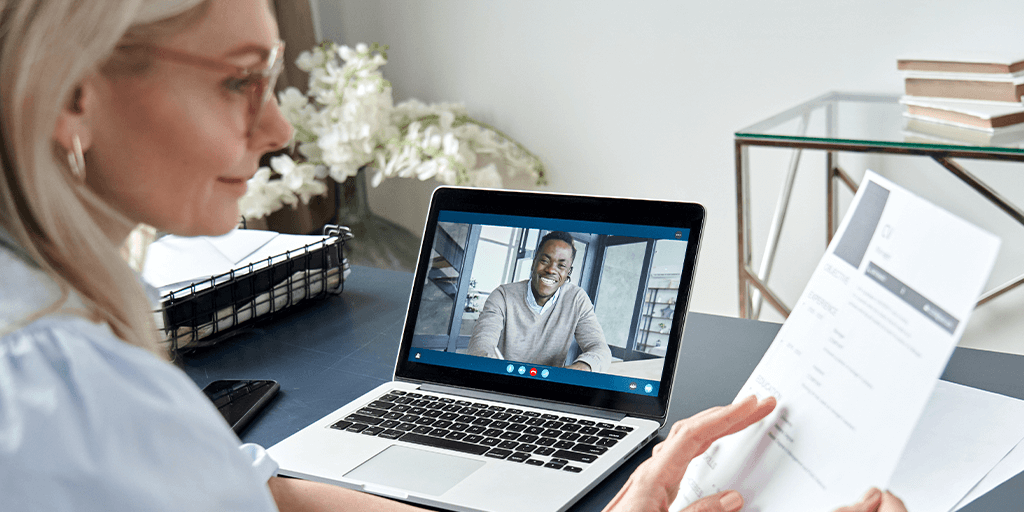Your interview is going well, you have successfully answered all the questions and now comes that infamous question that turns the tables: “So… Do you have any questions for me?” When the interviewer opens the floor to you, you don’t want to be caught off guard by missing that last opportunity to shine as well as taking advantage of this opening to gather more information. So, how can you prepare for this crucial moment? And what questions should you ask? Follow the guide!
How to approach this part of the interview?
Greetings and introductions? Done! Interview questions? Done (phew!)! You are now reaching the end of the interview… You know, the part where the interviewer gives you a chance to ask them questions. Not that important, you say? Think again! This is your final opportunity to make a strong impression, but also to assess the organization and whether you really want to work there. Trust us, you don’t want to let this opening go to waste!
Here are a few tips on how to approach this key moment in the meeting:
- Build off from the conversation. It is important to make this part of the interview sound like a continuation of your conversation. The idea is to build off from what you’ve just discussed! You can, for example, follow up on a project they mentioned you’d be working on or a skill that wasn’t part of the job description. Basically, you need to adapt your questions depending on what has already (or not yet) been said!
- Personalize your questions. The way you phrase your question can tip the scales on your side. For example, instead of “What does a typical day look like in this role?” you want to ask: “What would a typical day for me in this role look like?”
According to John Lees, a UK-based career strategist and author of How to Get a Job You Love, personalizing the question is a “great psychological trick” because “as soon as they visualize you doing the job, it’s hard to let go of that image.”
- Ask Open-Ended Questions: While closed-ended questions can be answered “yes” or “no”, open-ended questions usually begin with “what”, “how,” “when” and “who” and create opportunities for a conversation and a richer exchange of information.
- Aim for a Yes: Your goal is to end the interview on an affirmation. In fact, the more “yeses” and statements of agreement you can generate, the better off you will be.
With these tips in mind, let’s move on to the questions themselves!
The best questions to ask the interviewer
There are so many questions you could ask an interviewer… But you do not have all the time in the world! Interviewers usually allow 10 minutes for this part of the interview. That means you get to ask 3-4 questions maximum. So what are the best questions to ask? Here is our selection of 5-star questions, together with explanations as to why they are most relevant.
Questions about the job
- What would a typical day for me in this role look like? This question shows the employer that you are interested in the nitty-gritty of the job, while allowing you to get a more precise idea of what your workday would look like. Definitely a must-ask!
- What are the most immediate projects that I would take on? It is a great question to show that you are proactive and genuinely interested in the role. Also, it will help you ensure that the projects you will be given interest and motivate you!
- How do you measure success, particularly for this position? Understanding what managers will expect of you, will help you stand out if you do get the job. Also, it’s a good way of knowing if you are well-equipped to meet those expectations. If they turn out to be unrealistic or completely different from what was indicated in the job description, you’ll be relieved to have asked prior to starting the job!
Questions about the team
- Can you tell me about the team I’ll be working with? These are the people you will potentially be spending 90% of your time with, so you want to make sure you know as much as possible about them. Ultimately, you want to know how big the team is, how it is organized… And if there is a positive atmosphere!
- Who will I work with most closely? What other departments or units will I interact with? This question is to go a little more in depth about who your closest teammates will be and who else in the company you might be interacting with on a daily basis. This can help you get a better understanding of your responsibilities.
Questions about the company
- Can you tell me about the company culture? The goal here is to get a sense of whether the company’s values align with your own and whether you would fit in. It can also help you prepare for the work environment should you get offered the job.
- What are the company’s plans for growth and development? This shows that you are thinking beyond the position, that you are interested in the bigger picture, but also that you are interested in contributing to the company’s success in the long run.
- What is different about working here from anywhere else you’ve worked? Whether the interviewer is your potential boss or an HR manager, it is always interesting to get insider feedback on what it is like to work in the company!
Closing questions
Last but not least: closing questions are great to conclude the interview on a positive note. Here are a few examples of closing questions that show your willingness to help as well as your eagerness to advance in the recruitment process:
- Is there anything else I can provide you with that would be helpful?
- Is there anything I can clarify for you about my qualifications?
- What are the next steps in the hiring process?
While all the above are good questions to ask, there are some that could compromise your chances of getting the job. Let’s find out what they are!
Touchy questions
You might recall your favourite school teacher saying “there are no bad questions”. While this may be true in school, it’s not in a job interview! There are questions that can raise red flags or cause interviewers to doubt your professionalism. These include:
- What does the company do? Who are your competitors? These types of questions show that you haven’t done any research on the company and aren’t interested in the position. File those under “deal-killing questions”!
- How many vacation days do I get? This question makes you seem more interested in taking time off than actually doing the job… Frowny face guaranteed.
- What’s the salary for this position? It’s obviously an important question, but you don’t want to appear like someone who only cares about money. Generally, it’s best to let the employer ask about your salary expectations. If they don’t, wait until you are further along in the recruitment process – once they have fallen in love with your application – to bring it up. At that point, you will have more negotiating power!
- Can I work from home? The choice of words is wrong here as it sounds like you want to avoid coming into the office and are desperate to stay at home in your pajamas. A better way of putting it is: “What is your policy for remote working?”
It’s hard to categorize bad interview questions, but they tend to all be “me-questions” – that appear to put your needs before those of the employer. Good interview questions, on the other hand, focus on what the applicant can bring to the role and the company.
Spotted any questions that you would like to be answered? Excellent, write them down, and start practicing your delivery. Remember, interviewers will be asking themselves, “Do I want this person to be sitting next to me in the office?” Be certain that the questions you ask don’t raise any barriers but, instead, make you appear like someone who has done their research, is enthusiastic about the position and is eager to get started.
Got it? Great! The ball is in your court!









